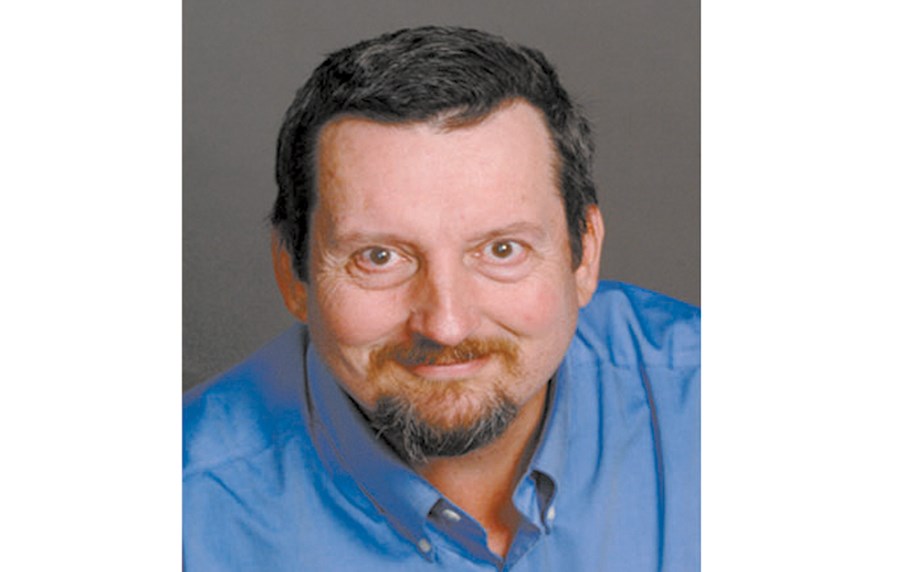Fear is, perhaps, the most powerful of all motivators.
There are reasons for this which are deeply rooted in our evolution. (If you don't believe the human species evolved, you might want to stop reading right now.)
We are the products of countless generations dating back millions of years. More to the point, we are the product of countless generations of individuals who lived long enough to reproduce.
That might seem like one of those "well duh!" statements. Obviously, everyone of our ancestors lived to an age where they successfully produced off-spring. If they hadn't, they wouldn't be one of our ancestors.
But there is a subtle point to this. Our ancestors were also the ones who made prudent choices allowing them to survive in a hostile world. They weren't the ones that tried out a new plant to see if it could be eaten. More often than not, those individuals died.
Our ancestors also weren't the ones that went lion hunting. Or the ones that tried to jump from a really high cliff. Or the ones that engaged in any number of risky acts.
Our ancestors were the ones that played it cautious.
This can be summed up in a scenario based on Pascal's proposition. Consider a fire late at night with a group of our ancestor's huddled around for warmth. Suddenly, there is a rustling in the bushes.
This rustling could be the wind or it could be a dangerous animal. Our response could be to ignore the sound or to respond by preparing to fight or flee.
If you pair up the source of the noise with a response, there are four possible outcomes. The first is that it is the wind and the group did nothing. Everything is fine and no one is harmed.
The second is that it is dangerous animal but the group did nothing. Members of the group will get harmed or even killed in the encounter.
The third is that it is the wind and everyone prepared to fight or run away. No harm done. Heck, we might even laugh about it afterward.
The fourth possibility is the sound is a dangerous animal but with everyone on alert, the outcome is left in the balance. It is possible that an alert group of our ancestors may have even been able to kill the intruder.
If you consider these four choices, the approach with the best survival prospect is to be fearful of noises in the dark. To prepare for an attack that may not come. Simple put, complacency is a life limiting proposition.
We are fearful of the things we do not know or understand. The sound in the night. The stranger on the dark street. The strange dog loose in our neighbourhood.
We are also fearful of groups of people we do not know. This concept is tied up in a single term: "the other".
People that are different from us, whether it is in the way that they dress, the food they eat, their religious beliefs, their social structure, etcetera, make us afraid. They are "other" - not part of our group and not to be trusted.
Is this how it should be? No.
But it is programmed into our DNA. It was our ancestors who treated other tribes as hostile and to be feared that survived to produce us. It was our ancestors who didn't trust who produced the next generation.
In this context, I have a great deal of sympathy for our Prime Minister and his Conservative colleagues. Their actions would seem to indicate they are ruled entirely by their biological imperatives.
Consider the latest tussle over the wearing of the niqab.
Prime Minister Harper called it "offensive" when a women wears a face-covering niqab while taking the oath of citizenship. He doubled down on his views subsequently calling the cultural practice "anti-women".
Harper claims his critics don't understand "why almost all Canadians oppose the wearing of face coverings during citizenship ceremonies."
"It is very easy to understand," said Harper. "Why would Canadians, contrary to our own values, embrace a practice at that time that is not transparent, that is not open and, frankly, is rooted in a culture that is anti-women?"
Yes, millions of years of biology is talking. Fear of others is screaming loudly from the primitive: "They are different than me. They must be wrong."
But we don't live in a world where we have to jump at every sound nor fear others. We live in a world where rational thought can trump our suspicions and fears - unless you are basing your political ideology on the politics of fear.
If that is the case then there is something to be feared and it is fear itself.



